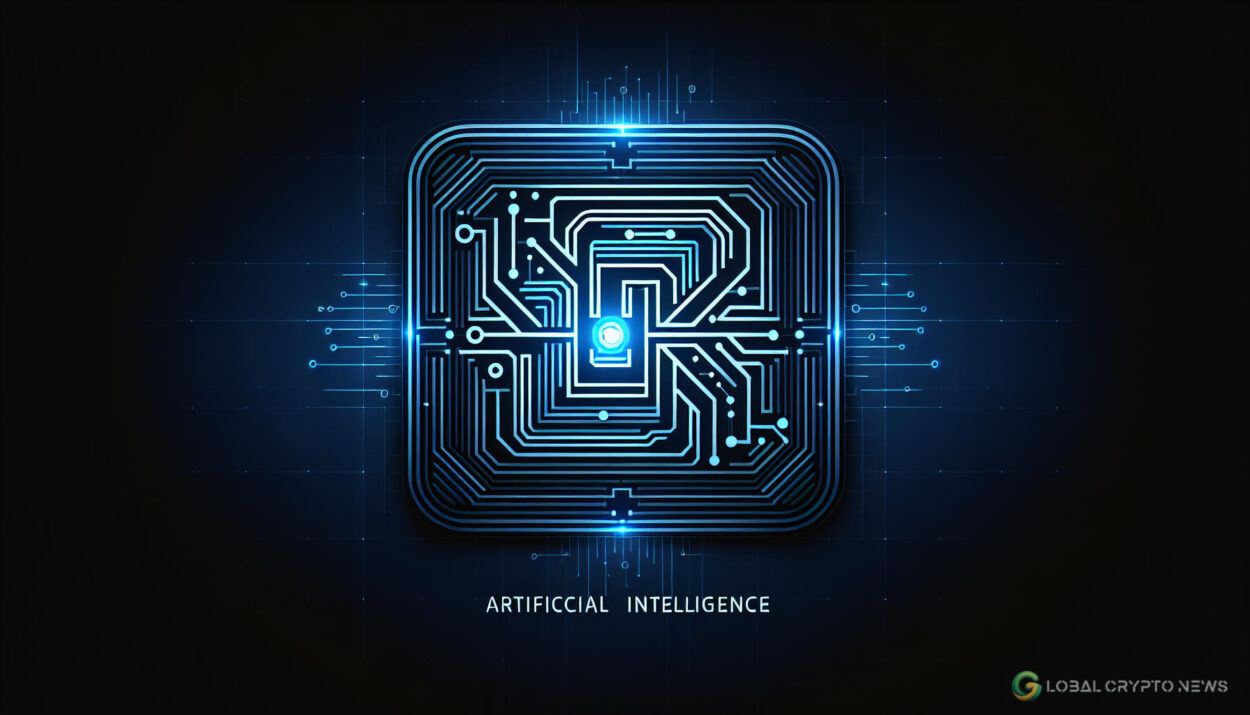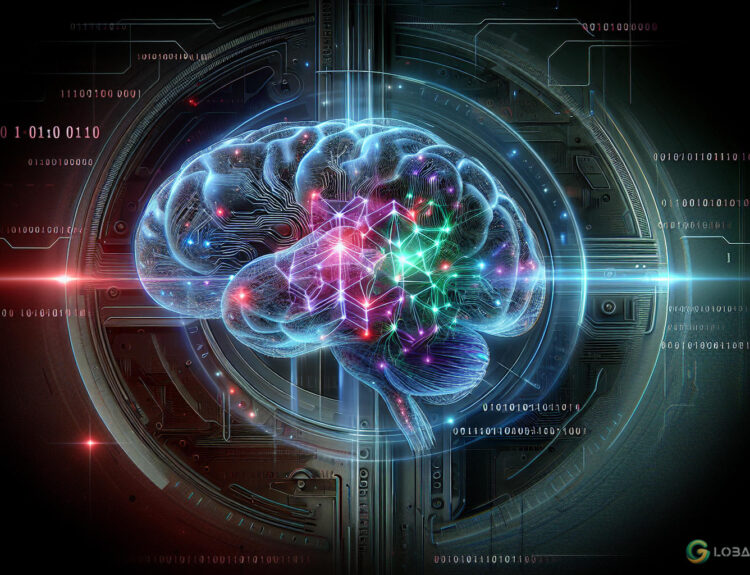The European Parliament has officially approved the European Union’s groundbreaking AI legislation, known as the EU AI Act, on March 14. This marks a significant milestone in global AI regulation, with a focus on ensuring that AI is trustworthy, safe, and respects fundamental rights while fostering innovation within the EU.
With a resounding vote of 523 in favor, 46 against, and 49 abstentions, the EU AI Act has been hailed as a historic step towards regulating AI by EU Parliament members Brando Benifei and Dragos Tudorache. The legislation aims to create a safe and human-centric AI environment that reflects the priorities of the EU parliament.
The journey towards the EU AI Act began five years ago, gaining momentum as powerful AI models emerged for widespread use. After extensive negotiations, a provisional agreement was reached in December 2023, with subsequent endorsements from the Internal Market and Civil Liberties Committees in February 2024.
Moving forward, the EU AI Act will undergo minor linguistic changes during the translation phase before a final vote in April and official publication in the EU journal expected in May. Prohibited practices will come into effect in November, with a focus on high-risk AI models that pose the greatest societal risks.
The EU AI Act categorizes AI models into different risk levels, with stringent rules for high-risk applications such as critical infrastructures, law enforcement, and migration control. Transparency in AI usage, compliance checks, and provisions for minimal-risk AI applications like AI-enabled video games are also key aspects of the legislation.
In response to the EU AI Act, tech companies have expressed mixed sentiments, with some urging caution against overregulation while others, like IBM, praising the legislation for its risk-based approach and commitment to ethical AI practices.
The EU AI Act sets a precedent for global AI regulation, signaling the EU’s dedication to building trustworthy and open AI ecosystems. Stay informed about the latest developments in AI regulation and technology on Global Crypto News.























